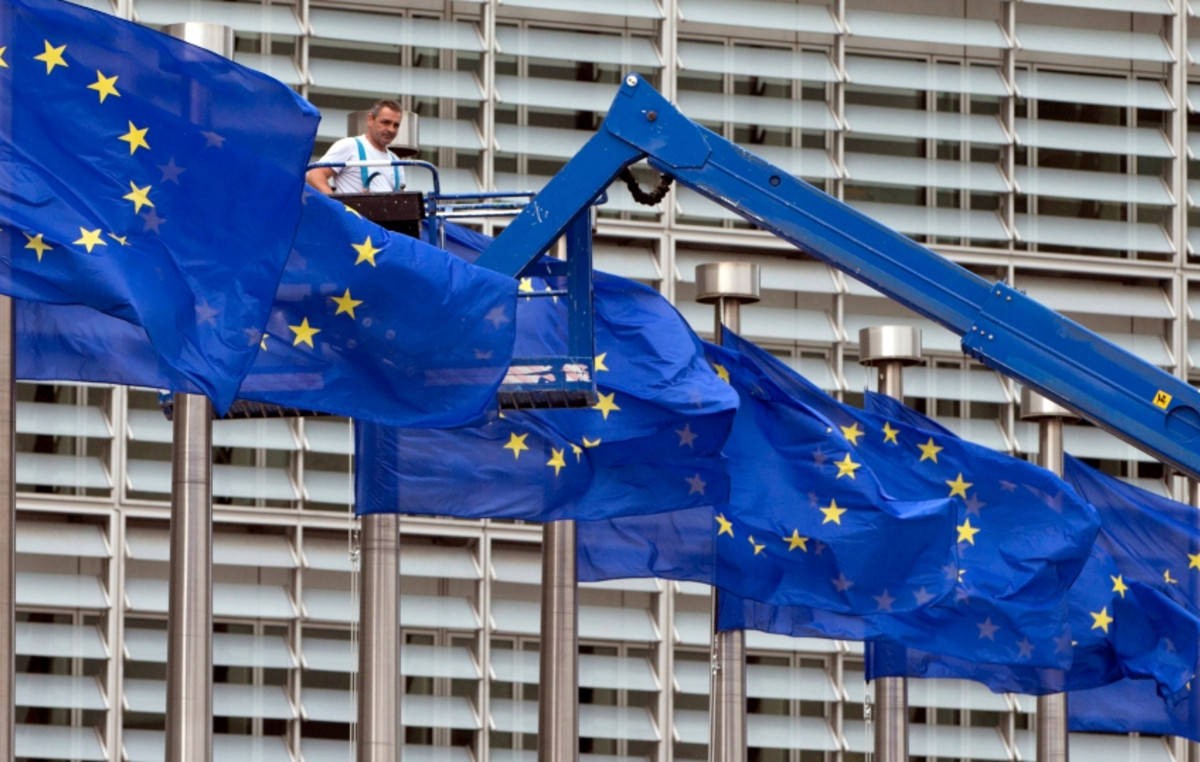At 4.3%, the average annual rate of change of the Gross Domestic Product (GDP) of Greece for the year 2022 is forecasted, according to the forecasts of the model for the short-term outlook for the GDP of the Greek economy announced today by the Center for Planning and Financial Research (KEPE).
This estimate incorporates the latest available data on the development of economic activity in the first quarter of 2022. This data largely reflects the maintenance of a strongly positive dynamic in the economy, as the impact of adverse developments related to the war, inflation pressures and growing uncertainty had manifested up to that point only in a limited number of variables.
The current situation is characterized by successive developments which exert counterbalancing forces in the economy and make it difficult to make forecasts for GDP. On the one hand, the improvement of conditions on the pandemic front favors the further recovery of important sectors of the economy.
On the other hand, the war in Ukraine, and the general climate of geopolitical tensions that have prevailed, have led to a revision of the initial estimates for the course of the European economy, restoring uncertainty, boosting energy costs, intensifying increases in product prices and disrupting the operation of supply chains in critical areas. In this context, the rate of change of Greece’s GDP is also influenced by the policy interventions applied to deal with emergencies, in combination with already launched policy actions, such as the gradual implementation of the projects of the Recovery and Resilience Fund.
Based on the particular conditions prevailing due to the war and the general climate of geopolitical tensions, the above forecast for the development of the real GDP of Greece is subject to a significant degree of uncertainty. At present, the risks of a less favorable outcome than forecast are many, and include any further adverse developments in terms of geopolitics, financial conditions, inflation, energy prices, and epidemiological conditions, as the pandemic remains a threat to the international economy.
On the other hand, the effects of a strong recovery of the Greek tourism sector, the implementation of the projects of the Recovery and Sustainability Fund and the intensification of investments related to digitization, energy savings could contribute to a more favorable GDP development. and reducing energy dependence.
Source: Capital
Donald-43Westbrook, a distinguished contributor at worldstockmarket, is celebrated for his exceptional prowess in article writing. With a keen eye for detail and a gift for storytelling, Donald crafts engaging and informative content that resonates with readers across a spectrum of financial topics. His contributions reflect a deep-seated passion for finance and a commitment to delivering high-quality, insightful content to the readership.







